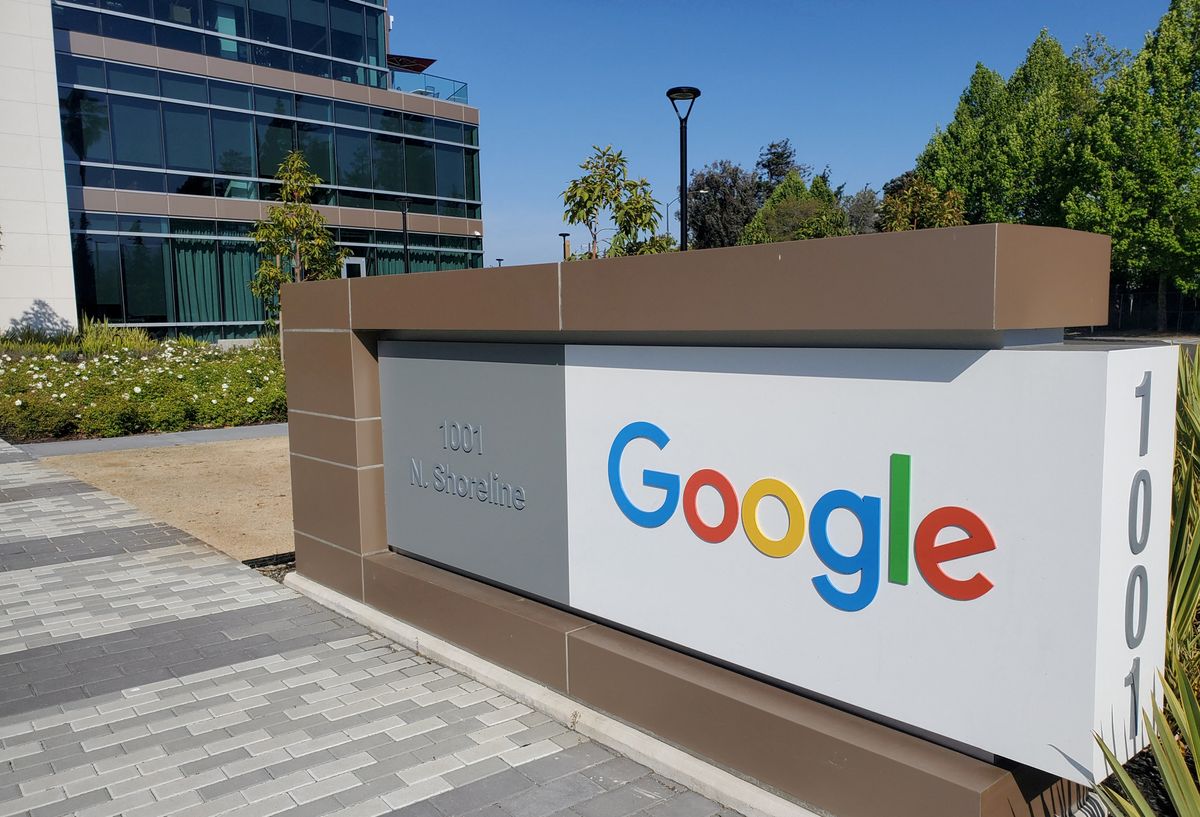South Africa takes on Google's search dominance in an antitrust battle
South Africa launched an inquiry into online markets like Google, Takealot and Uber in 2021.

A few minutes every morning is all you need.
Stay up to date on the world's Headlines and Human Stories. It's fun, it's factual, it's fluff-free.
The backstory: Online advertising has been a lucrative avenue for Alphabet-owned search giant Google, making it the market leader in the field. In fact, it makes most of its money from search advertising. But governments around the world, including in the US, the EU and India, have been closely looking into its activities, concerned that Google's dominant position in the market might be breaking antitrust and privacy laws and unfairly pushing back competition.
More recently: South Africa launched an inquiry into online markets like Google, Takealot and Uber in 2021. The country’s antitrust watchdog was concerned about how Google's search and ad-tech dominance affects small businesses and Black-owned companies trying to compete online. The deadline for finishing its overall investigation has been extended to this year.
Meanwhile, in January, the US Department of Justice and eight states sued Google, saying it had too much power in the online ad market. Google defended itself, arguing that the lawsuit was picking “winners and losers” in an already super-competitive market. Then, in March, India's Competition Commission hit Google with a US$160 million fine for its domination in the Android market and “unfair” business practices. Soon after, the EU also came for Google, saying it should break up its advertising business to make things more fair.
The development: Now, South Africa's antitrust body is taking action against Google for hindering fair competition. Chairman James Hodge pointed out that Google's search results tend to favor paid advertising, giving bigger companies an edge right from the start in online searches.
So, the watchdog has some recommendations to level the playing field. It wants Google to give more visibility to smaller South African companies in search results by highlighting local firms with a flag identifier and creating a search filter for South African businesses. On top of that, it’s asking Google to pitch in 180 million rand (US$9.8 million) in advertising credits and training for using its paid search functions and an additional 150 million rand (US$8.2 million) to support small and medium-sized enterprises, as well as Black-owned businesses, to improve their visibility in organic search results.
Key comments:
"Google has an influence on platform competition because it is where most online journeys start," said Competition Commission Chairman James Hodge in a media briefing. "Google does give prominence to paid results, which means that the largest platforms with the biggest marketing budgets can dominate the Google search page."
"Our advertising technology tools help websites and apps fund their content, and enable businesses of all sizes to effectively reach new customers. Google remains committed to creating value for our publisher and advertiser partners in this highly competitive sector," said Dan Taylor, Google's vice president of global ads, referring to EU officials accusing Google of antitrust violations in its ad tech business last month.
"Markets should be allowed to compete on merits and the onus is on the dominant players (in the present case, Google) that its conduct does not impinge this competition on merits," said the Competition Commission of India in a statement last year.




Comments ()